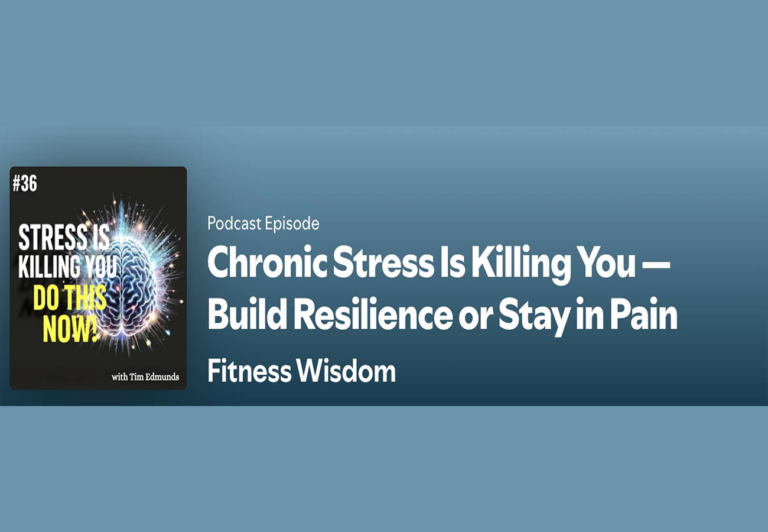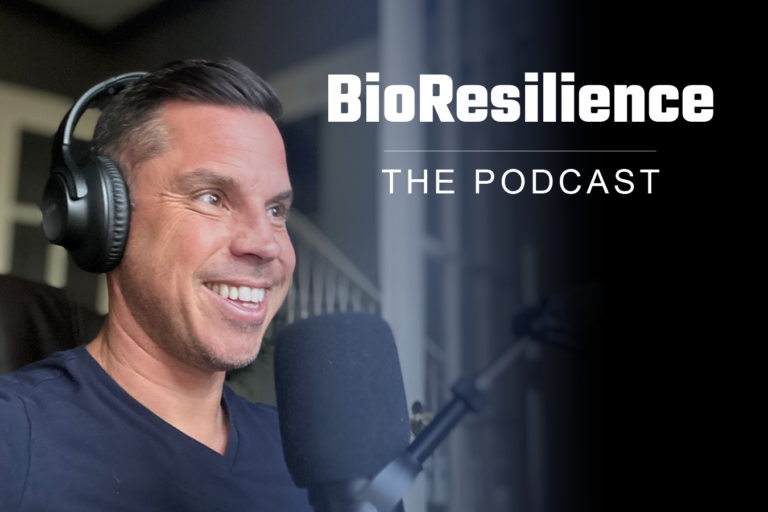For years, I misunderstood dopamine.
Like many others diving into wellness podcasts, neurobiology reels, and expert breakdowns, I thought dopamine was all about reward. I assumed it was the chemical behind the endless chase for pleasure—social media likes, fast food, gambling, and other quick hits of satisfaction. And in a modern world full of instant gratification, it made perfect sense… or so I thought.
Then I came across a perspective from Dr. Andrew Huberman that completely shifted my understanding.
He explained that dopamine isn’t really the reward neurotransmitter—it’s the motivation neurotransmitter. It’s not about feeling good after achieving something; it’s what gets you moving toward the goal in the first place. Dopamine is the force that gets you out of bed in the morning. It’s the inner spark that drives you to tackle hard things without hesitation.
That hit me hard.
Suddenly, things made sense. A dopamine deficiency wouldn’t just show up as someone endlessly scrolling for pleasure. It might also look like chronic procrastination, low drive, or a constant state of “I’ll do it later.” It’s not just about seeking pleasure—it’s about lacking the motivation to pursue anything meaningful.
Months ago, I noticed I was slipping into more mindless scrolling. I wasn’t waking up excited. I was dragging through normal tasks and delaying the hard stuff. I assumed I was just falling into the dopamine-pleasure trap and started setting up boundaries to stop it—limiting social media, setting timers, and cutting back on distractions.
What happened next surprised me.
As I began to regulate those habits and pull back from overstimulation, my drive started coming back. I was getting more done—not from force or discipline, but from genuine excitement and internal momentum. Waking up felt easier. Procrastination faded. I wasn’t just avoiding dopamine drains; I was restoring the system that fuels action.
So here’s what I’ve come to believe:
If you feel stuck in laziness or a lack of drive, it might not be a mindset problem—it could be a dopamine imbalance. And fixing it doesn’t require superhuman willpower. It requires you to temporarily restrict the habits that hijack dopamine and give your nervous system time to reset.
That means taking a hard look at the usual suspects—phone use, gambling, porn, impulsive online shopping, or even overindulgence in caffeine or sugar. Create some boundaries. Not forever—just long enough for your body to come back to balance. Usually, within 30 days, your internal drive begins to return, and building healthy habits becomes easier and more natural.
Dopamine isn’t about pleasure—it’s about pursuit. And once your system is regulated, you don’t have to chase motivation. It starts to chase you.



